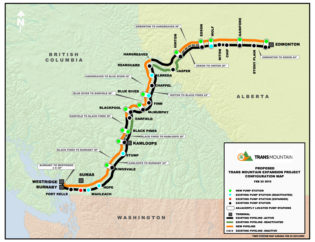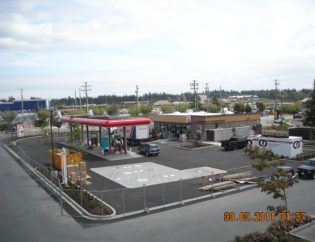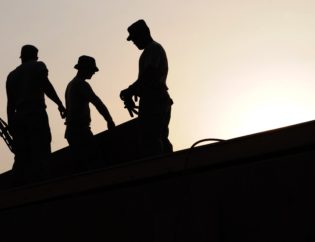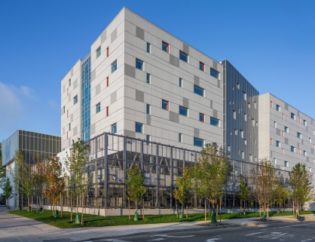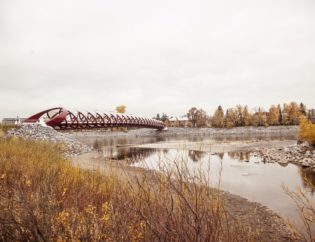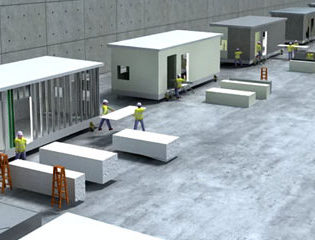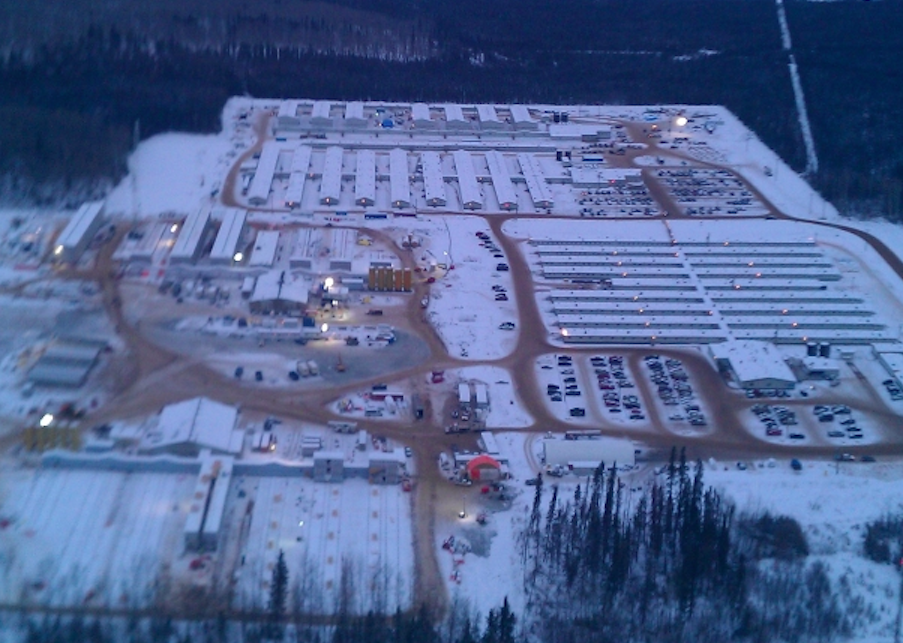
Modular construction has been key in a number of natural disasters, including large disasters like September 11th and Hurricane Katrina or small ones like the tornado in Joplin, Missouri. Marc Roy, the former head of the Federal Emergency Management Agency branch in Louisiana, recently said the destruction in Fort McMurray has been similar in scale to the state of New Orleans following Hurricane Katrina, which had significant help from modular construction in rebuilding the city.
With oil prices on the rise (in May, crude oil traded above $50 per barrel for the first time this year), Mayor of Fort McMurray, Melissa Blake, recently said that re-starting production in the nearby oil fields should be the first priority, because like many other communities in Western Canada, Fort McMurray only thrives when the energy sector thrives.
That means that getting quick, quality-controlled and reliable buildings built fast is imperative to getting Fort McMurray’s economy back on track.
For example, one similar project was our Noralta Lodge Project. Located in a remote area 25 km north of Fort McMurray, the Noralta Camp build was a design-build modular construction of two workforce camps, Lynx and Wolverine, with over 1,700 suites. By deciding to build modular, we were able to complete the project, which had a total building area of 451, 008 sq. ft. on a 6 month strict deadline, coming in under the budget of $100 million. The scope of the project included five 3-storey buildings for lodgers, one 2-storey building assigned for customers, one 2-storey building for laundry and recreational use with a fully equipped gym, pool tables, entertainment areas, and a final 3-storey building for staff accommodations. Both the 7 build- ings of the Lynx camp and the 7 buildings of the Wolverine camp are connected through an arctic corridor that links them to the kitchen and dining facility. In each suite, we built in a private bathroom, tv / cable / phone, desk and chair, vanity, queen-sized bed, and an air conditioning unit.
